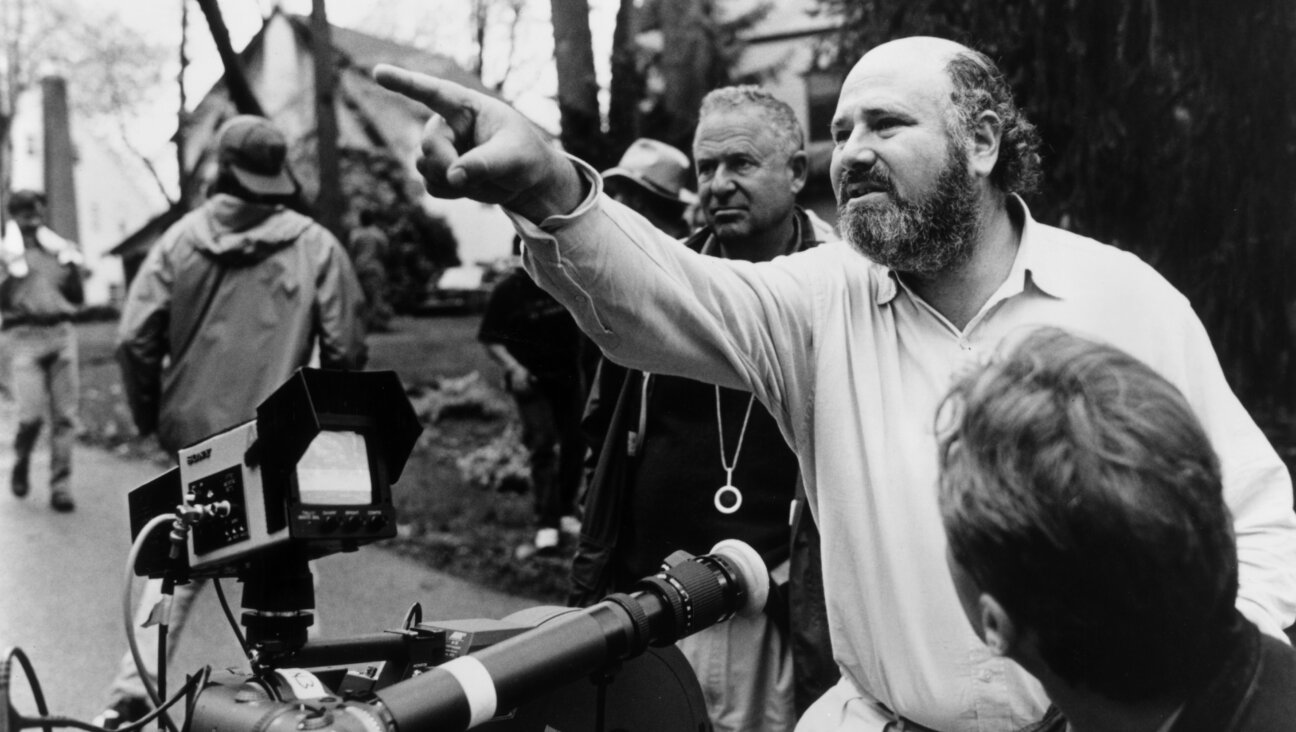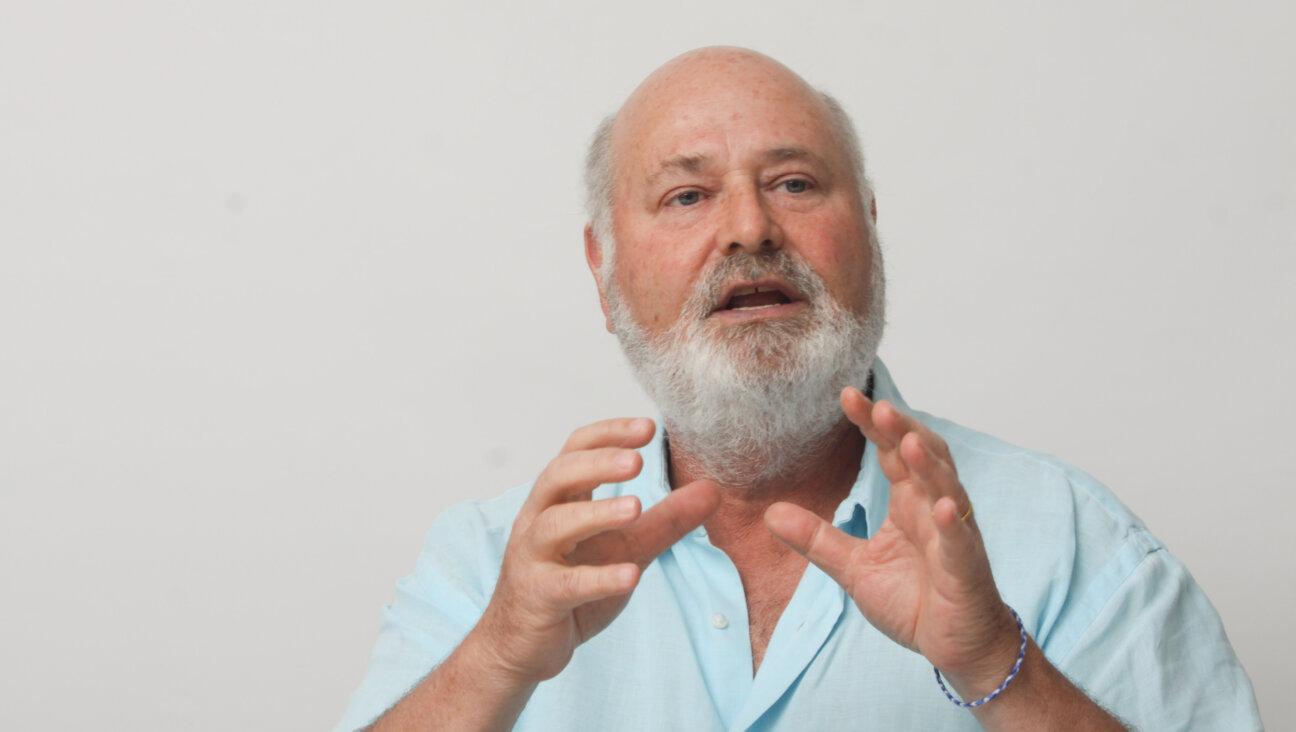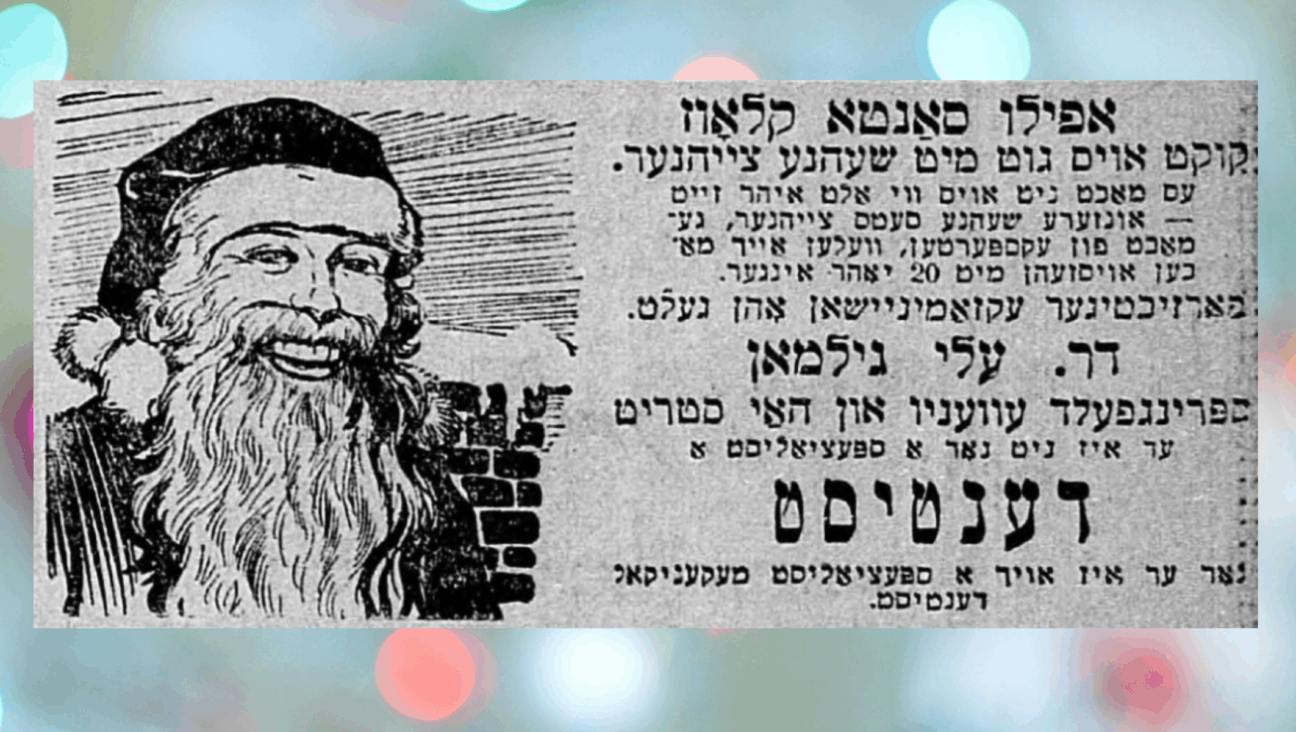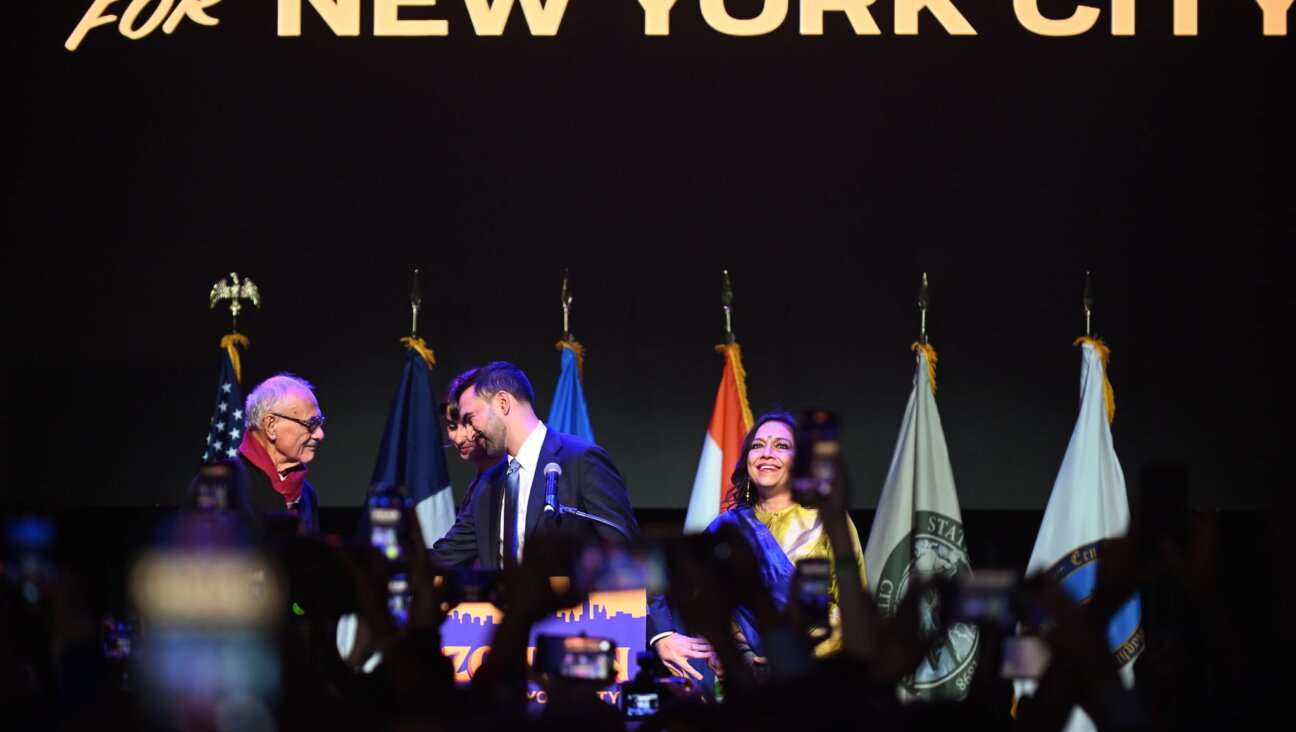The secret Jewish history of Jimmy Buffett
There was a surprisingly kosher side to the late artist —even if his idea of paradise involved the consumption of cheeseburgers
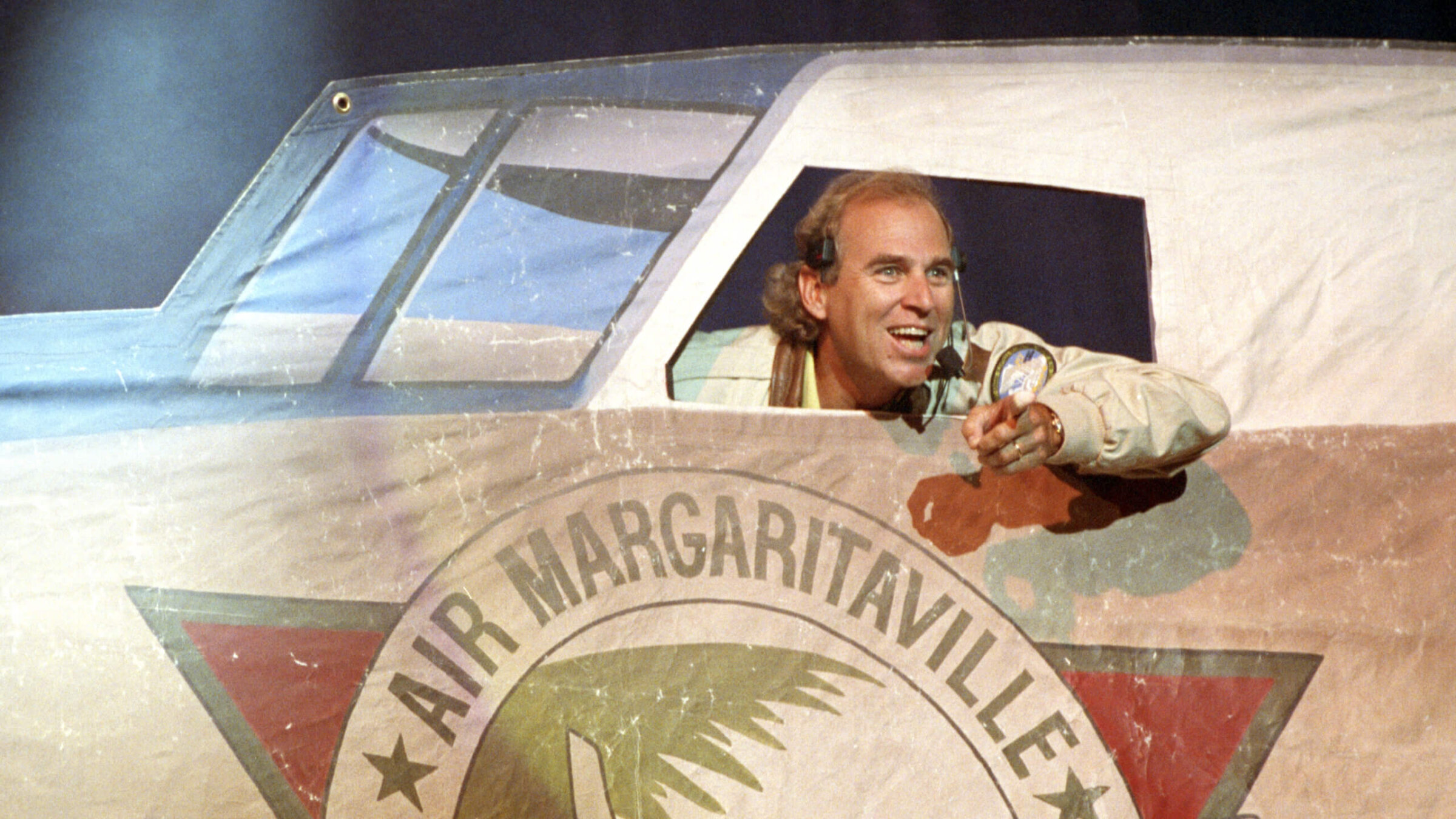
Jimmy Buffett performs at Shoreline Amphitheater on June 15, 1991. Photo by Getty Images
Singer-songwriter Jimmy Buffett, who died Friday, Sept. 1, at age 76, was best known for his lone top 10 hit, 1977’s “Margaritaville,” which he successfully parlayed into a business empire that included restaurant chains, “Margaritaville”-themed resort hotels, retail shops, and bestselling books on his way to becoming one of the richest pop musicians in the world, with a reported net worth of $1 billion.
Buffett, who grew up in a Catholic family in Mississippi and Alabama, accomplished this while espousing an “island escapism” lifestyle in song and elsewhere, one which championed beach-bum-inspired sloth and getting a head start on drinking early in the day. As Buffett would sing in a guest spot in an Alan Jackson song, “It’s five o’clock somewhere.”
Equally remarkable was Buffett’s success in amassing a fanatical following of loyal concertgoers, an intergenerational assembly analogous to the Grateful Dead’s “Deadheads” and Phish’s “Phish Heads.” In Buffett’s case, his fans were called “Parrot Heads,” a name suggested by Timothy B. Schmit, a former member of the Eagles who was touring as a member of Buffett’s backing group, the Coral Reefer Band, in the early 1980s. That label only encouraged more Buffett fans to wear hats adorned with parrots (fake or real) while attending his concerts.
In one of the more unlikely episodes in Buffett’s career, in 1997, the songwriter teamed with Bronx-born novelist Herman Wouk – whose parents were Russian-Jewish immigrants – to turn the latter’s 1965 novel, Don’t Stop the Carnival, a satire about a New York City advertising executive named Norman Paperman who escapes to a fictional Caribbean island to become a hotel keeper, into a Broadway musical. Buffett, who long called Key West home, wrote all the music and lyrics for the show (Wouk wrote the book), and the song “A Thousand Steps to Nowhere” references a Jewish cemetery. While the musical was a commercial failure, Buffett nevertheless recorded an album of songs from the show.
The failure of Don’t Stop the Carnival, however, did not sour Buffett on the stage. Later on, in 2017, he assented to his songs being compiled and showcased for a jukebox musical, Escape to Margaritaville, which ran for several months on Broadway before hitting the road for a national tour. The tour starred Sarah Hinrichsen, a Los Angeles native, who told the Jewish Journal that Judaism “is an important part of me. I don’t even realize how deeply rooted it is in me because it’s always been such a big part of my life.”
In 2021, Buffett’s Margaritaville Resort gained a foothold in the very non-tropical climes of New York City’s Times Square. The seller placed one condition on the sale of the property: that the buyer — one of whose songs is the very un-kosher “Cheeseburger in Paradise” — maintain the ground floor of the complex as home to the historic Garment Center Congregation, making it the only Margaritaville known to house a synagogue.
Also in 2021, Buffett’s novelty number (aren’t they all novelty numbers?) “Why Don’t We Get Drunk and Screw?” made its premiere in a Yiddish translation by journalist-playwright Rohkl Kafrissen. A collaboration with the Congress for Jewish Culture, Kafrissen’s new Yiddish version of the Buffett tune, “Kum tsu mir,” was turned into a video featuring world renowned Yiddish-klezmer artists Lorin Sklamberg of the Grammy Award-winning Klezmatics alongside Yiddish singer Sasha Lurje and violinist Craig Judelman
